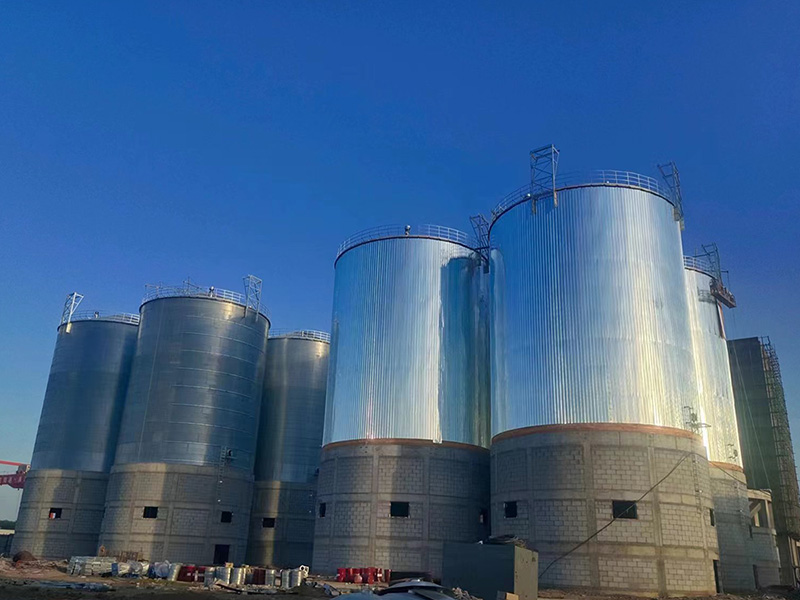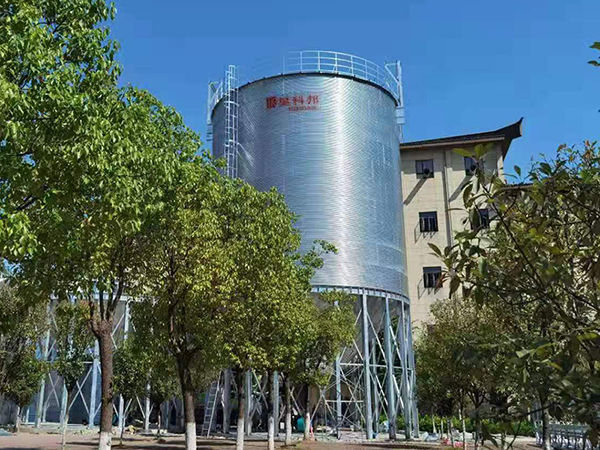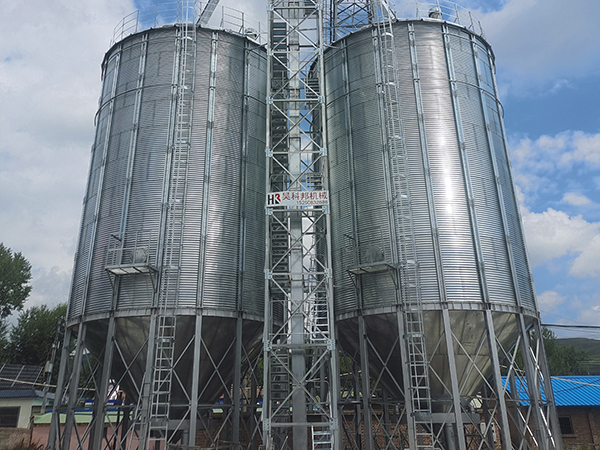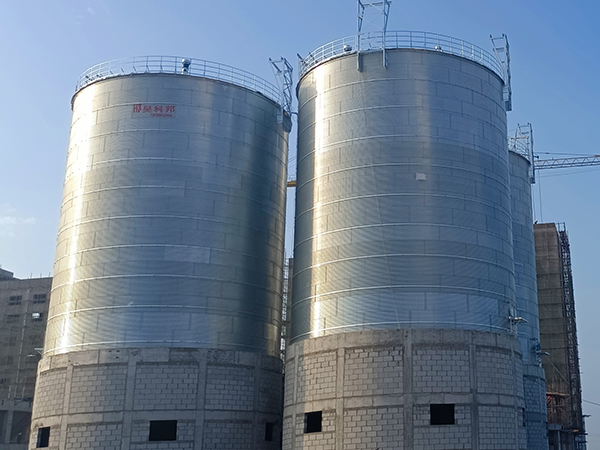Corn storage silo supplier:guide to selection and collaboration
Selecting a reliable corn storage silo supplier involves evaluating industry experience, product quality, technical support, and cooperation terms. Key factors include cost-effectiveness, customization capabilities, and adapting to market trends like agricultural modernization and green practices. Understanding these elements ensures corn quality and storage efficiency.
- Main Advantages of Wheat Silo in Uganda
- Main Functions of Wheat Silo in Uganda
- Corn mill factory in Mali
- Maintenance Methods for Wheat Silo in Uganda
- Maintenance Methods for a Rice Silo in Uganda
- Wheat mill supplier in Malawi
- Installation Process of a Rice Silo in Uganda
- Structural Composition of a Rice Silo in Uganda
- Flour mill sale in Rwanda
- Main Advantages of Rice Silo in Uganda
- Primary Functions of Rice Silo in Uganda
- Grinding mill cost in Libya
Corn, as one of the world’s major food crops, has always faced significant issues regarding its storage. Choosing the right corn storage silo supplier is crucial for ensuring corn quality and improving storage efficiency. This article will discuss how to evaluate and select reliable suppliers, as well as key factors to consider during the cooperation process.
Evaluation Criteria
When selecting a corn storage silo supplier, a series of evaluation criteria are key to ensuring the right partnership is chosen.


Supplier’s Industry Experience
The industry experience of a supplier is an important indicator of their reliability. Importance of Industry Experience Suppliers with extensive experience typically have a deep understanding of the needs and challenges of corn storage and can provide mature solutions.
Product Quality and Certification
The silo products provided by the supplier should meet industry standards and quality certifications. Guarantee of Product Quality By checking whether the product has passed relevant quality system certifications, one can ensure the durability and performance of the purchased silos.
Technical Support and Services
Whether the supplier offers comprehensive technical support and after-sales services. Necessity of Technical Support and Services Good technical support and services can ensure that issues during the installation, commissioning, and operation of the silos are resolved promptly.
Cooperation Elements
When establishing a cooperative relationship with a corn storage silo supplier, multiple elements should be considered to ensure the long-term interests of both parties.
Price and Cost-Effectiveness
When considering a supplier’s quotation, one should balance the price with cost-effectiveness. Analysis of Cost-Effectiveness Selecting a supplier with a high cost-performance ratio can control project costs while ensuring quality.
Customization Service Capability
Whether the supplier can provide customized services based on customer needs. Advantages of Customization Services Customized services can meet specific storage requirements, improving the applicability and efficiency of the silos.
Cooperation Terms and Contract
Clarify cooperation terms and contract details to protect the rights and interests of both parties. Importance of Cooperation Terms Clear terms can prevent future business disputes and ensure smooth cooperation.
Market Trends
Understanding market trends helps corn storage silo supplier grasp the pulse of industry development and seize new business opportunities.
Demand for Agricultural Modernization
With the advancement of agricultural modernization, the demand for efficient, intelligent storage equipment increases. The Driving Force of Agricultural Modernization Modern agricultural practices require silo suppliers to continuously innovate and provide technologically advanced products.


Green and Environmentally Friendly Trends
Green and environmentally friendly practices have become a global consensus, setting higher standards for the environmental friendliness of storage equipment. Importance of Green and Environmentally Friendly Practices Suppliers should focus on the environmental characteristics of their products, such as using recyclable materials and reducing energy consumption.
Changes in the Global Market
Changes in the global market, such as trade policies and grain demand, can also affect the business of suppliers. Responding to Global Market Changes Suppliers need to adapt flexibly to market changes and adjust their products and services to meet the needs of different regions.








